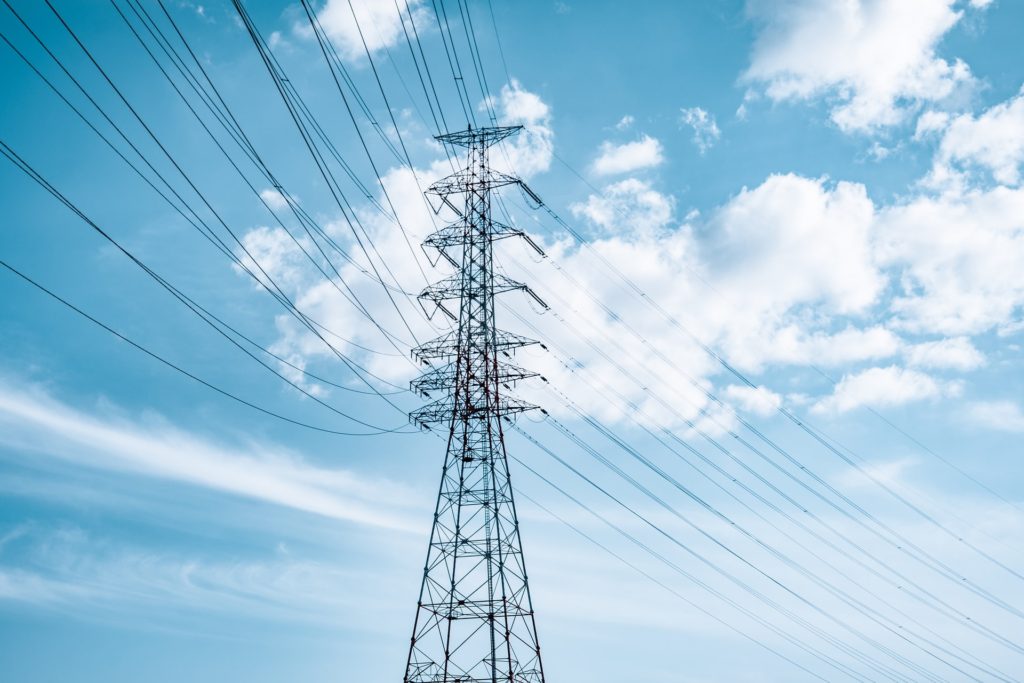
After reading, Prevention and Removal of Power Line Obstruction on Public Property, read also What is Republic Act No. 11361 or “Anti-Obstruction of Power Lines Act”?
-
Power lines refer to transmission lines constructed for the purpose of conveyance of electricity
-
Power line obstruction refers to any hazardous activity or hazardous that endanger the continuous conveyance of electricity
-
The owner or operator of power lines has the primary duty to remove power line obstructions
In a previous article, we mentioned that power lines refer to transmission of lines, sub-transmission, distribution lines, and generation dedicated point to point lines, and other connection assets including the poles and towers used to support the lines and other related facilities constructed or erected used for the purpose of conveyance of electricity.
There are instances where power lines may be obstructed by hazardous activities or hazardous improvements and other similar circumstances that threaten or endanger the continuous and uninterrupted conveyance of electricity.
How may a power line obstruction on public property or on property owned by owner or operator of power lines be prevented?
The law says:
In cases where the power line corridor is wholly or partially located within the public property or on property owned by the owner or operator of the power lines, the owner or operator of power lines shall have the right to enter the said property to prevent and remove any power line obstruction and in particular, perform the following acts:
-
To conduct maintenance and inspection activities within the power line corridor;
-
To conduct repair or restoration activities within the power line corridor;
-
To conduct rimming, pruning, cutting, or clearing activities for tall growing plants within the power line corridor without securing prior clearance or permit from, but with due notice to, the Department of Environment and Natural Resources (DENR), Philippine Coconut Authority (PCA) in the case of coconut trees, the concerned local government units (LGUs), and other relevant government agencies;
-
To remove, dismantle, or demolish hazardous improvements in accordance with the National Building Code of the Philippines provided that such may be carried out without prior clearance or permit from, but with due notice to the Department of Public Works and Highways (DPWH, Housing and Land Use Regulatory Board (HLURB), and the concerned LGUs;
-
To stop, prevent, or prohibit the conduct of hazardous activities; and
-
Perform other analogous acts or activities, which will cause the prevention and removal of any power line obstruction.
Alburo Alburo and Associates Law Offices specializes in business law and labor law consulting. For inquiries, you may reach us at info@alburolaw.com, or dial us at (02)7745-4391/0917-5772207.
All rights reserved.
[email-subscribers-form id=”4″]


